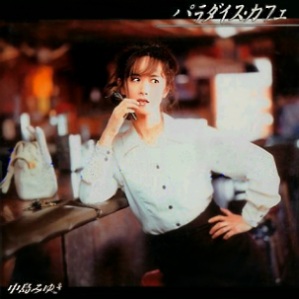
Paradise Cafe" is the 23rd studio album by Japanese singer-songwriter Miyuki Nakajima, released in October 1996. The album includes a new recording of her 1995 chart-topping hit "Wanderer's Song", and also features her own interpretation of "Lie to Me Eternally", which was originally written for the Long Time No See album recorded by Takuro Yoshida.
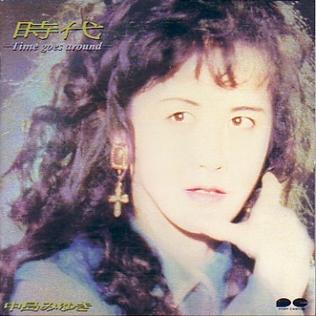
Jidai (時代), subtitled Time Goes Around, is the 21st studio album by Japanese singer-songwriter Miyuki Nakajima, released in October 1993. Like some previous materials such as Okaerinasai and Change , the album mainly consists of songs which she wrote for other singers.

Love or Nothing is the 22nd studio album by Japanese singer-songwriter Miyuki Nakajima, released in October 1994.

10 Wings is the album by Japanese singer-songwriter Miyuki Nakajima, released in October 1995.

Uta de Shika Ienai (歌でしか言えない) is the 19th studio album by Japanese singer-songwriter Miyuki Nakajima, released in October 1991.

Otogibanashi (おとぎばなし) is the 30th studio album by Japanese singer-songwriter Miyuki Nakajima, released in October 2002. Like some efforts such as Jidai: Time Goes Around, it mainly consists of her compositions which had previously interpreted by other singers, or performed on the series of her musicals Yakai.
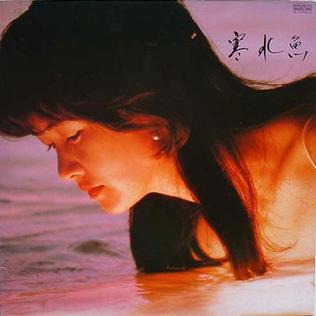
Kansuigyo (寒水魚) is the ninth studio album by Japanese singer-songwriter Miyuki Nakajima, released in March 1982. The term ”Kansuigyo", which means opposite of "Nettaigyo", is Nakajima's neologism.

Goodbye Girl is the 16th studio album by Japanese singer-songwriter Miyuki Nakajima, released in November 1988.
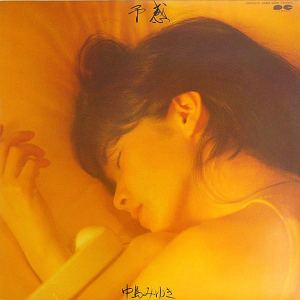
Hunch is the tenth studio album by Japanese singer-songwriter Miyuki Nakajima, released in March 1983.

Yoru o Yuke (夜を往け) is the 18th studio album by Japanese singer-songwriter Miyuki Nakajima, released in June 1990. The album includes remix version of "Ashita", a top-20 charting smash hit single released in 1989 and certified gold by the RIAJ. After two months from release of the album, "with" was released as a single. The song was featured in the 1991 film My Sons, directed by Yoji Yamada.

Aishiteiru to Ittekure (愛していると云ってくれ) is the fourth studio album by Japanese singer-songwriter Miyuki Nakajima, released in April 1978.
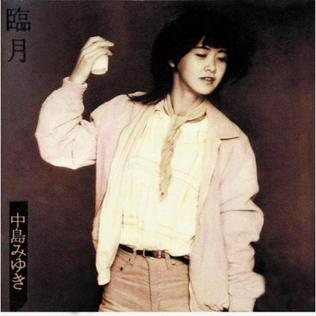
Month of Parturition is the eighth studio album by Japanese singer-songwriter Miyuki Nakajima, released in March 1981.
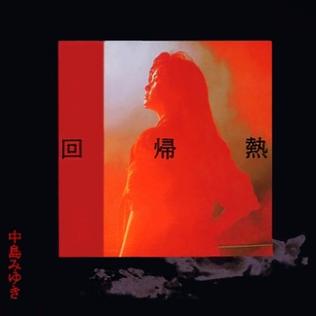
Kaikinetsu is the 17th studio album by Japanese singer-songwriter Miyuki Nakajima, released in November 1989. Like some of her previous efforts, it comprises the materials that she wrote for other singers.

Lion & Pelican is the tenth studio album recorded and produced by a Japanese singer-songwriter Yōsui Inoue, released in December 1982.

Ikiteitemo Iidesuka (生きていてもいいですか) is a seventh studio album by a Japanese singer-songwriter Miyuki Nakajima, released in April 1980.

36.5°C is the 14th studio album by a Japanese singer-songwriter Miyuki Nakajima, released in November 1986.
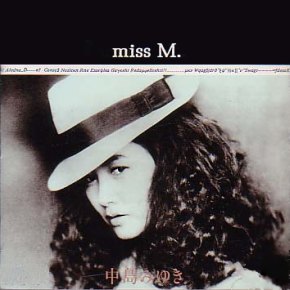
miss M. is the 13th studio album by Japanese singer-songwriter Miyuki Nakajima, released in November 1985.

Okaerinasai (おかえりなさい) is the sixth studio album by Japanese singer-songwriter Miyuki Nakajima, released in November 1979.

Sun: Wings is the 26th studio album by Japanese singer-songwriter Miyuki Nakajima.

Moon: Wings is the 27th studio album by the Japanese singer-songwriter Miyuki Nakajima.




















